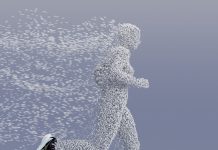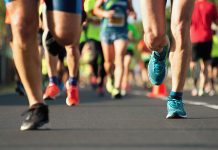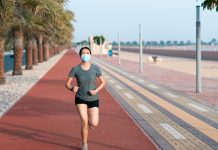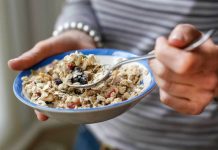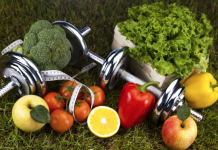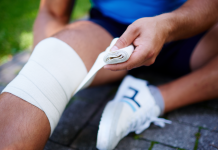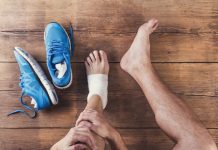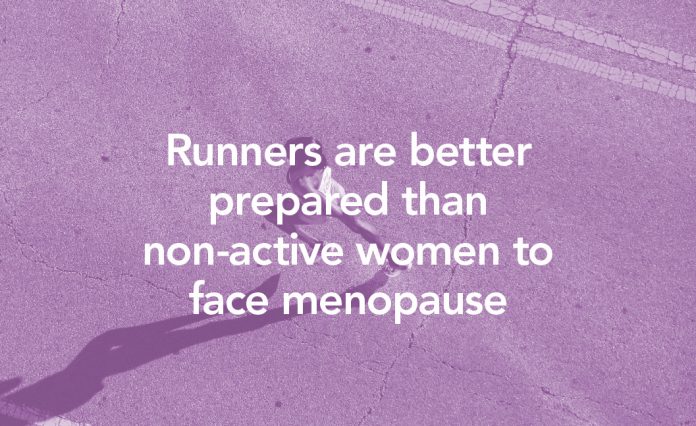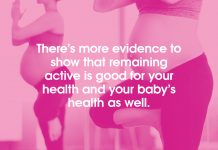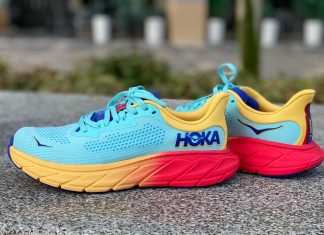Menopause signifies the end of the reproductive time for a woman where the ovaries stop releasing eggs, and hormones like oestrogen, progesterone and testosterone decrease in its production. As a woman edges closer to menopause, they may start to experience symptoms that may cause concern and bring along feelings of anxiety.
The medical community call this the perimenopause or premenopause term and it has been evident in women between the age range of 35 to 45 years old. Here’s a checklist of symptoms that a woman may experience during the perimenopause period:
- Irregular periods
- Vaginal dryness
- Hot flushes
- Night sweats
- Trouble sleeping
- Mood swings or getting easily irritated
- Weight gain and slowed metabolism
- Dry skin
These perimenopause symptoms are precursors to menopause that last for months to years (an average of 2 years, but every woman is different and will experience some of it at different stages in their lives) until you reach menopause. Some women may not even feel any discomfort and breeze through the perimenopause period, while some other women may experience great discomfort.
HOW PERIMENOPAUSE SYMPTOMS AFFECT YOU
OSTEOPOROSIS AND MUSCLES
Oestrogen plays a crucial role in the reproduction system. It also strengthens bones and helps the widening of blood vessels during warm-up exercise – known as the vasodilation process. Blood vessels dilate so the volume of blood flow increases which allows more oxygen to flow through the body.
If you’ve ever wondered why women experience hot flushes, here’s the explanation. Oestrogen production helps cool down the body and when the production of hormones fluctuates or reduces, blood pressure would also increase while blood flow decreases, leading to a rise in temperature in the body, brain and hypothalamus.
Drink an icy cold beverage, place a wet cold towel on your body or have a quick cold shower to cool down. It accelerates the vasoconstriction process, narrows your blood vessels and decreases the blood flow, therefore, resulting in lower body temperatures.
The body’s ability to build and maintain muscles is affected when the production of oestrogen and testosterone reduces. That’s why it becomes a greater challenge to achieve fitness performances like your younger days as you age.

LIGAMENTS AND TENDONS
Oestrogen is not only necessary for our reproductive system, bone health, but also for collagen production. Less collagen production affects the elasticity of the ligaments and tendons as well.
It’s best to avoid smoking, excessive exposure to the sun, poor nutrition and stress if you wish to lessen the loss of your collagen. Above all, stay well hydrated. The constant reminder to, “Drink 1.5 litres of water per day”, is wise advice. Even if you don’t feel the need to drink or have the thirst, your body needs itfor your bones, your ligaments and tendons, and also for your skin.
It becomes a greater challenge to achieve fitness performances like your younger days as you age.

















